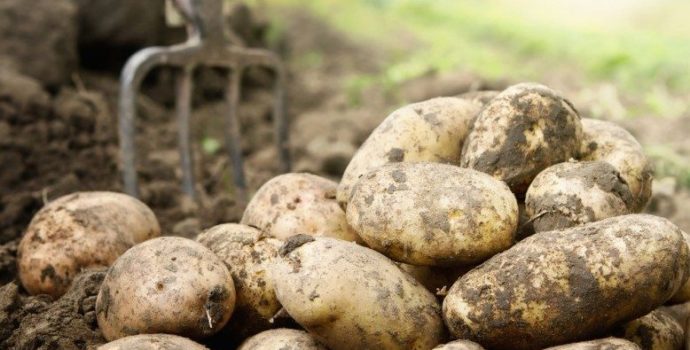IFA President Warns Labour Party Proposal Would Set Back Farm Transfer a Generation

Commenting on suggestions that capital taxes may be subject to further increases in the next Budget, IFA President John Bryan has sent a clear warning to the Government: hands off agricultural relief.
He said, “Recent comments by the Labour Party appear to be another example of a lack of understanding of the importance of this measure to allow land transfers and investment. Ironically, it was Ruairi Quinn as Minister for Finance in the mid-nineties who set the relief at its current level. As far as IFA is concerned, this is a red line issue in the forthcoming Budget”.
John Bryan said, “Increases in the rates of capital taxes and reductions in tax-free thresholds over the past six budgets have added to the costs of investment and transfer of assets, and have left Ireland with one of the most draconian capital tax regimes in Europe. Over the past five years, the rates of CAT and Capital Gains Tax have increased by over 60% (from 20% to 33%), while the CAT thresholds have been reduced by over 50%”.
He said, “To encourage investment and enterprise, and to support overall economic recovery, there cannot be any further increases in personal income or capital taxes. What the Government should be doing is making the regime more attractive and encouraging a greater level of transfer, which is needed for the sector to reach the Food Harvest 2020 targets. The Labour Party proposal would set back farm transfers a generation”.
The IFA President said, “With the scale of farm required to achieve an income level in line with average industrial earnings increasing over time, it is critical that this relief is retained. Any reduction would significantly reduce the value of farm and small-business assets that could be transferred, with many moderate-sized farms facing a CAT liability.”
To encourage the transfer of family farms of a sufficient scale to support a viable farm enterprise for the next generation, IFA believes it is essential that the 90% Agricultural Relief must be retained on all qualifying transfers. Those entering farming must not be faced with a significant tax liability, which could necessitate the breakup of family farms or selling of assets.




